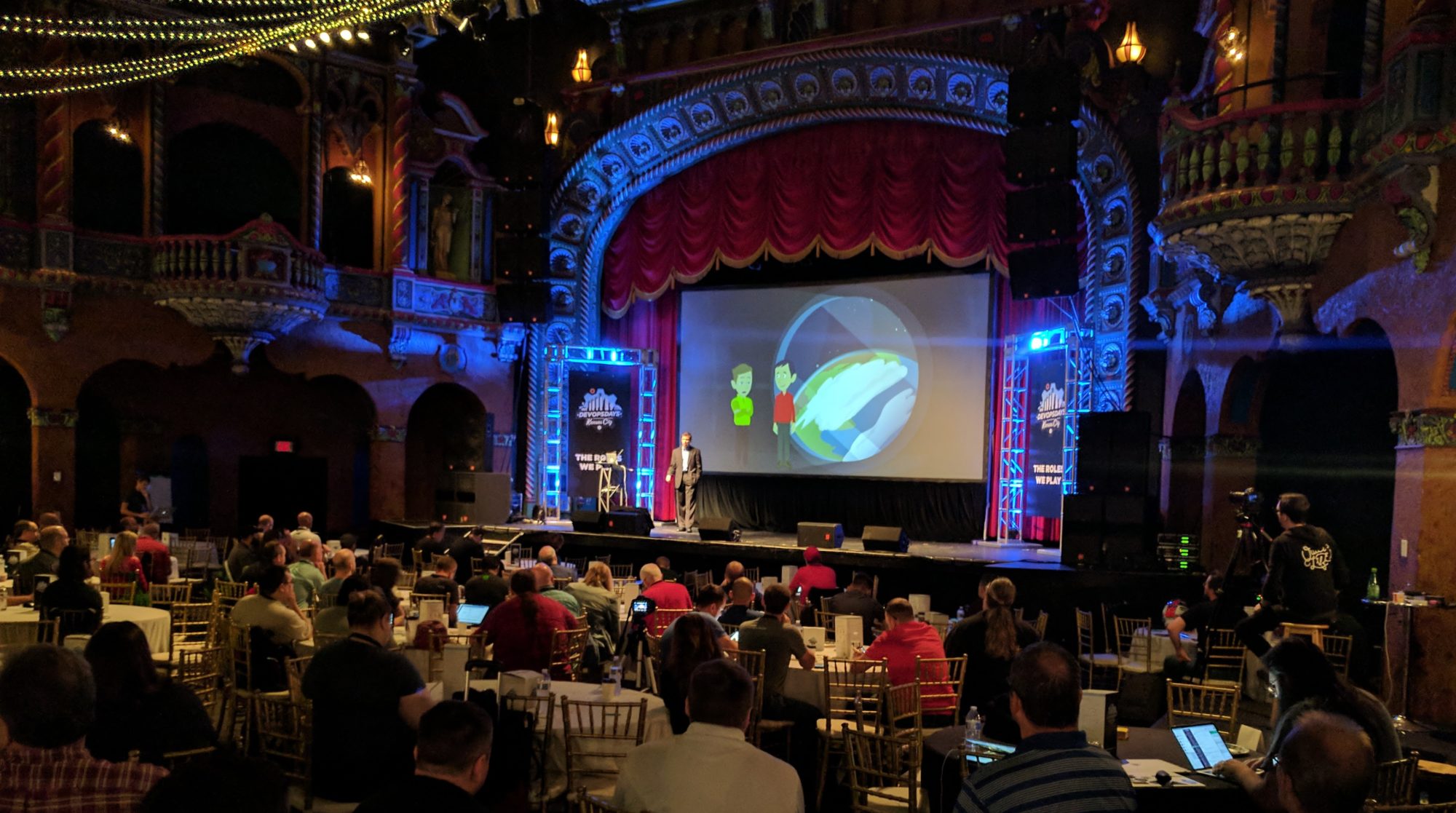WikiReader is an electronic encyclopedia giving physical form to Wikipedia. Now you can take it with you wherever you go.
This looks like an incredibly cool device. It is fairly small, has a touch screen, can be read in daylight and only costs $99. You can download updates from the internet and it looks like they plan to update it twice each year. Two AA batteries are expected to power the device with normal usage for about a year.
There is a “Random” button that will show you a random article. It is similar to the button on an iPod Shuffle. You can also search by typing on the onscreen keyboard. There is also a history button that lets you pull up previous searches. You scroll up and down the page by sliding your finger on the screen up and down–similar to an iPhone.
The design looks good. It isn’t a multi-function device, but $99 for an electronic version of an encyclopedia that will fit in your pocket seems pretty good. I am impressed that they are able to produce something like this at that price point. I’m curious how the reading experience is. It looks pretty readable. The display isn’t large and doesn’t look like it shows pictures, but still looks usable–particularly for short periods looking up information like what you would do with an encyclopedia.
I’m curious if you can take your own MediaWiki and use it as the content for the device.
